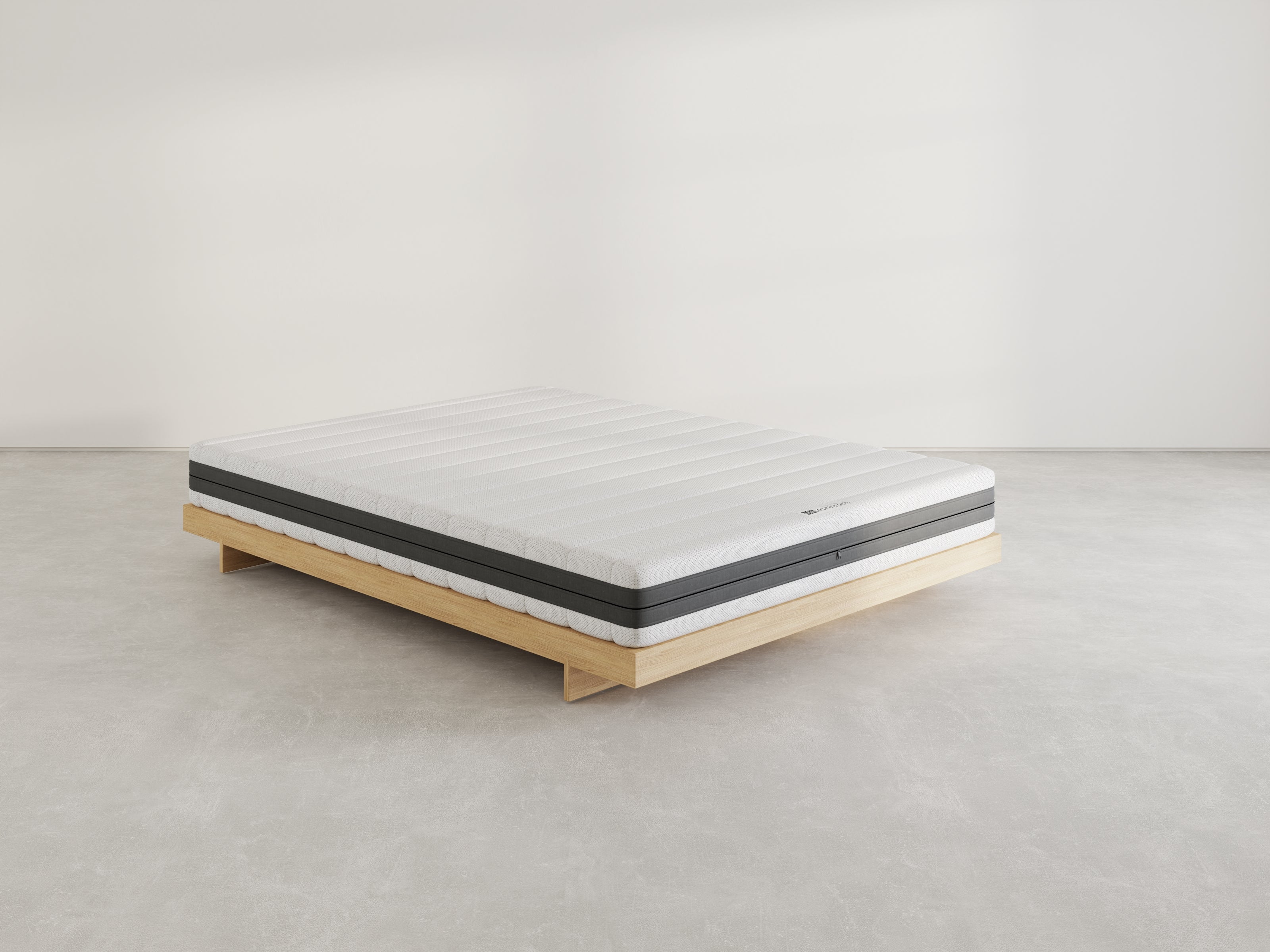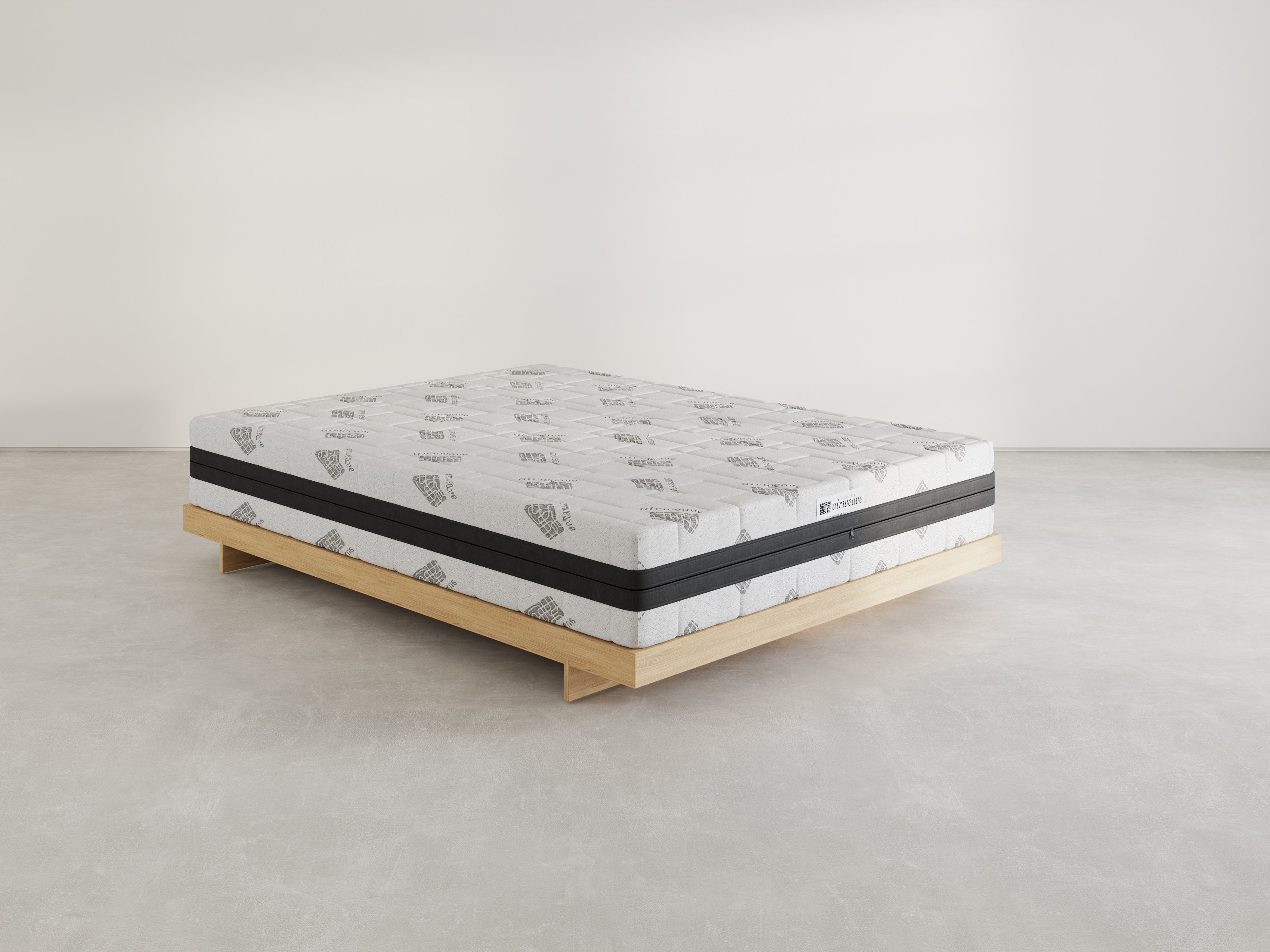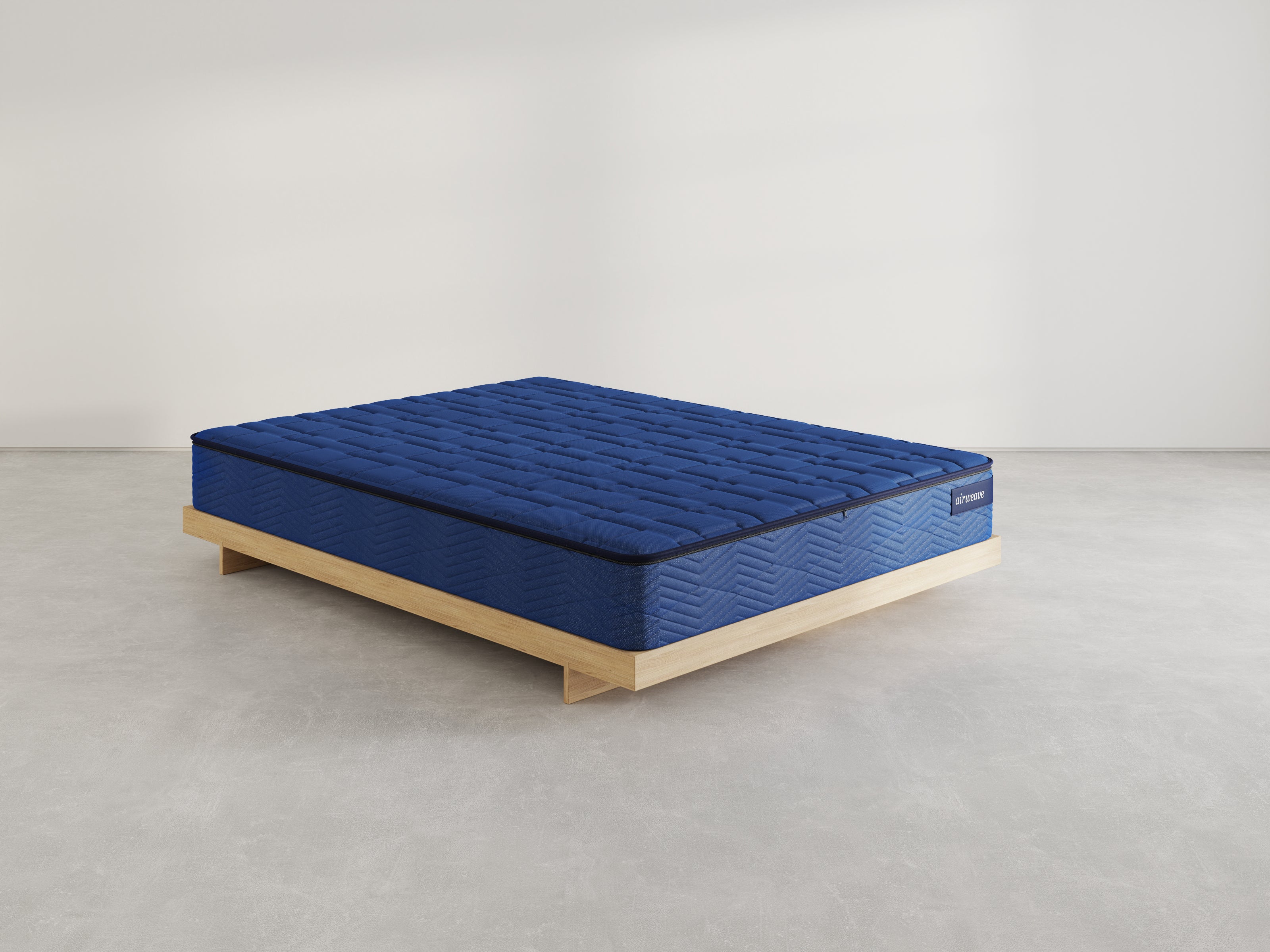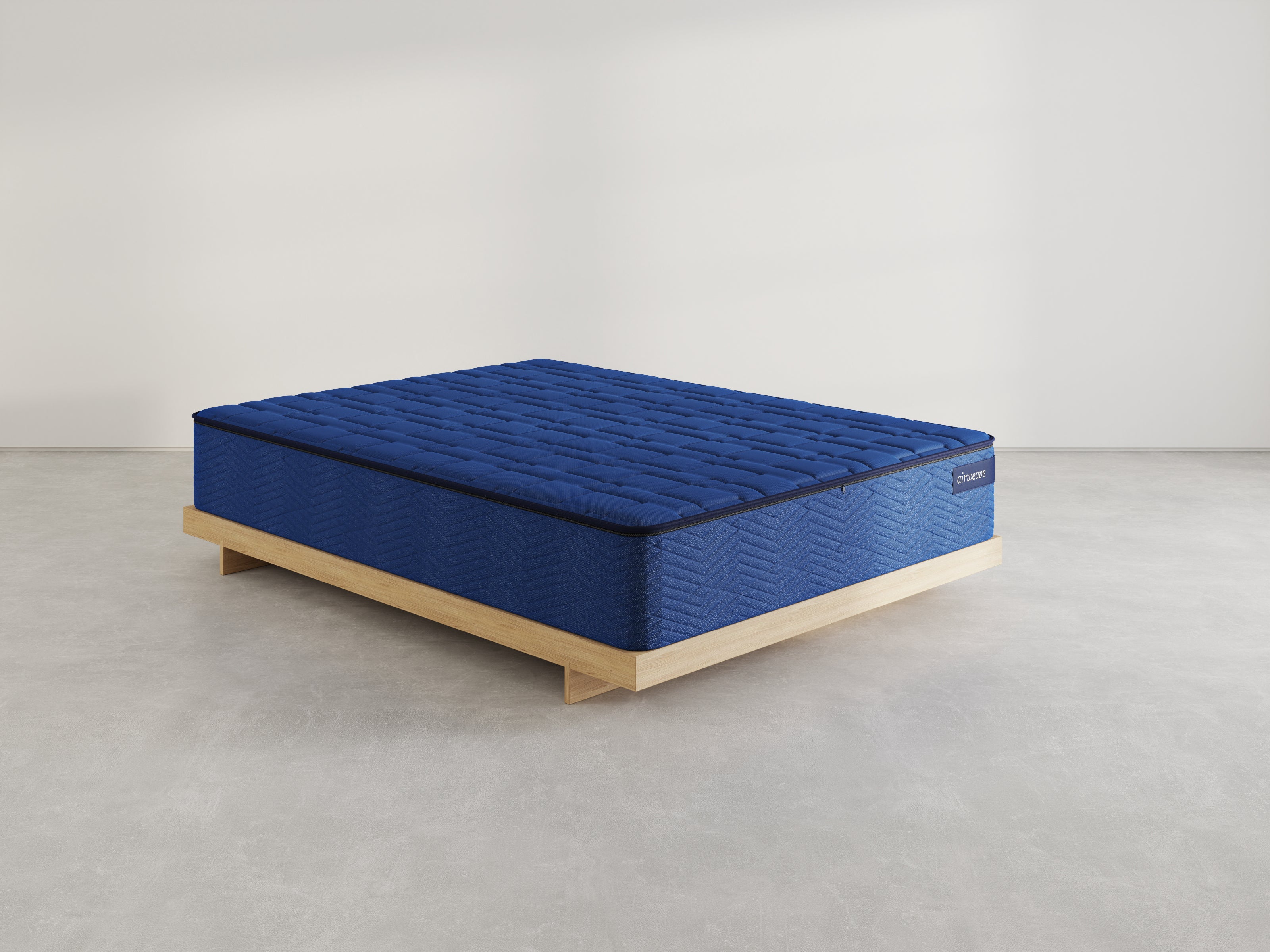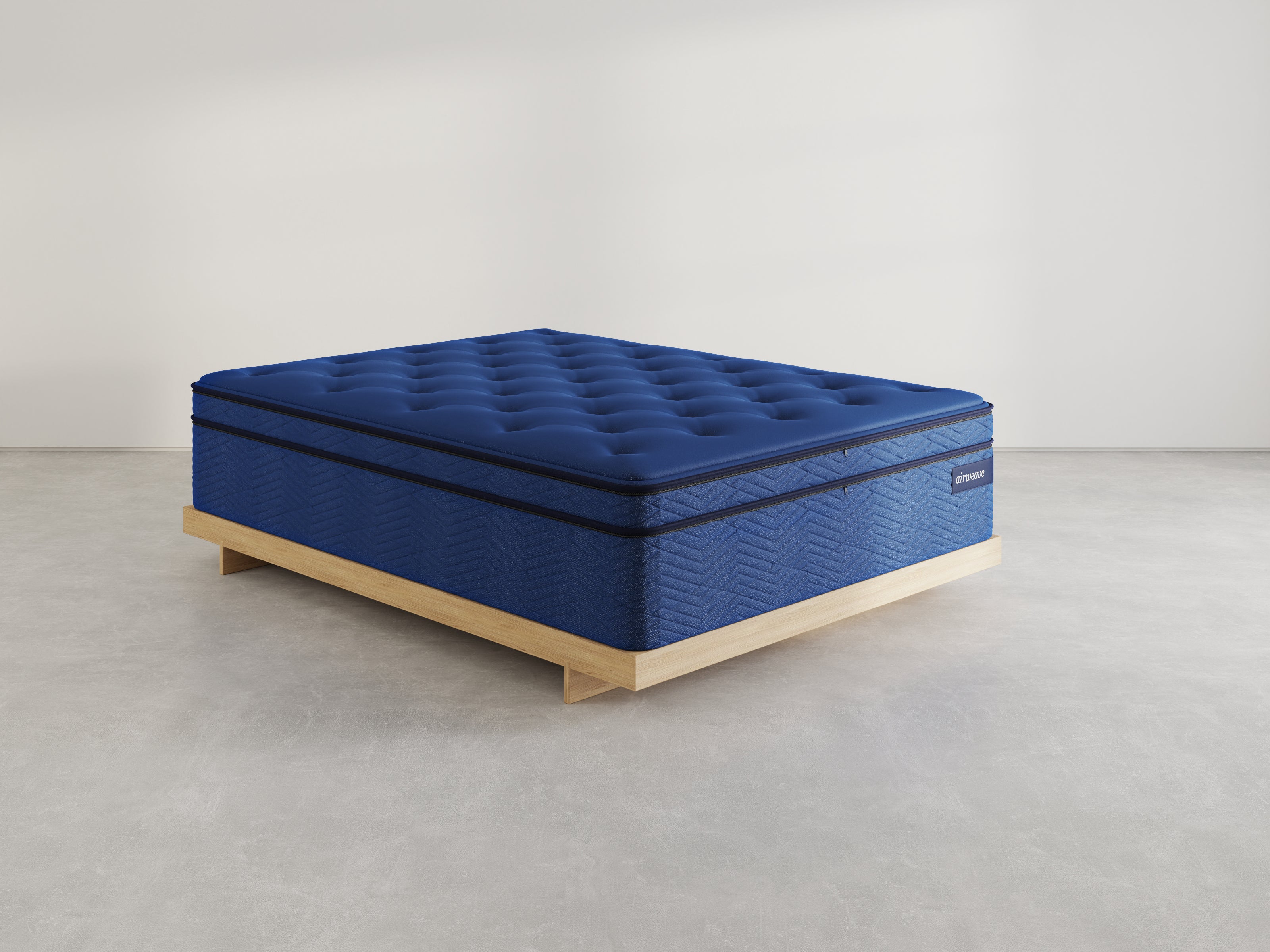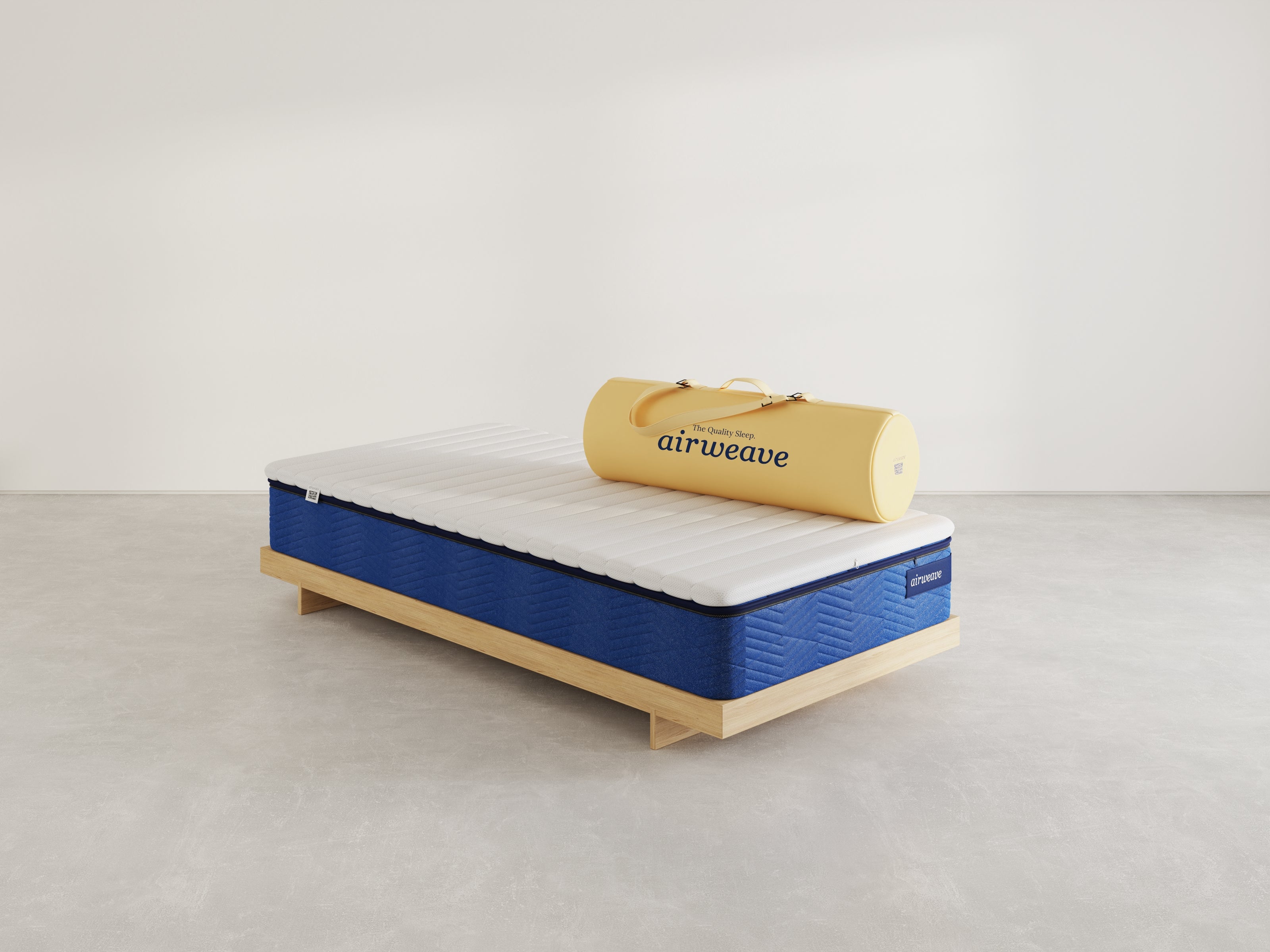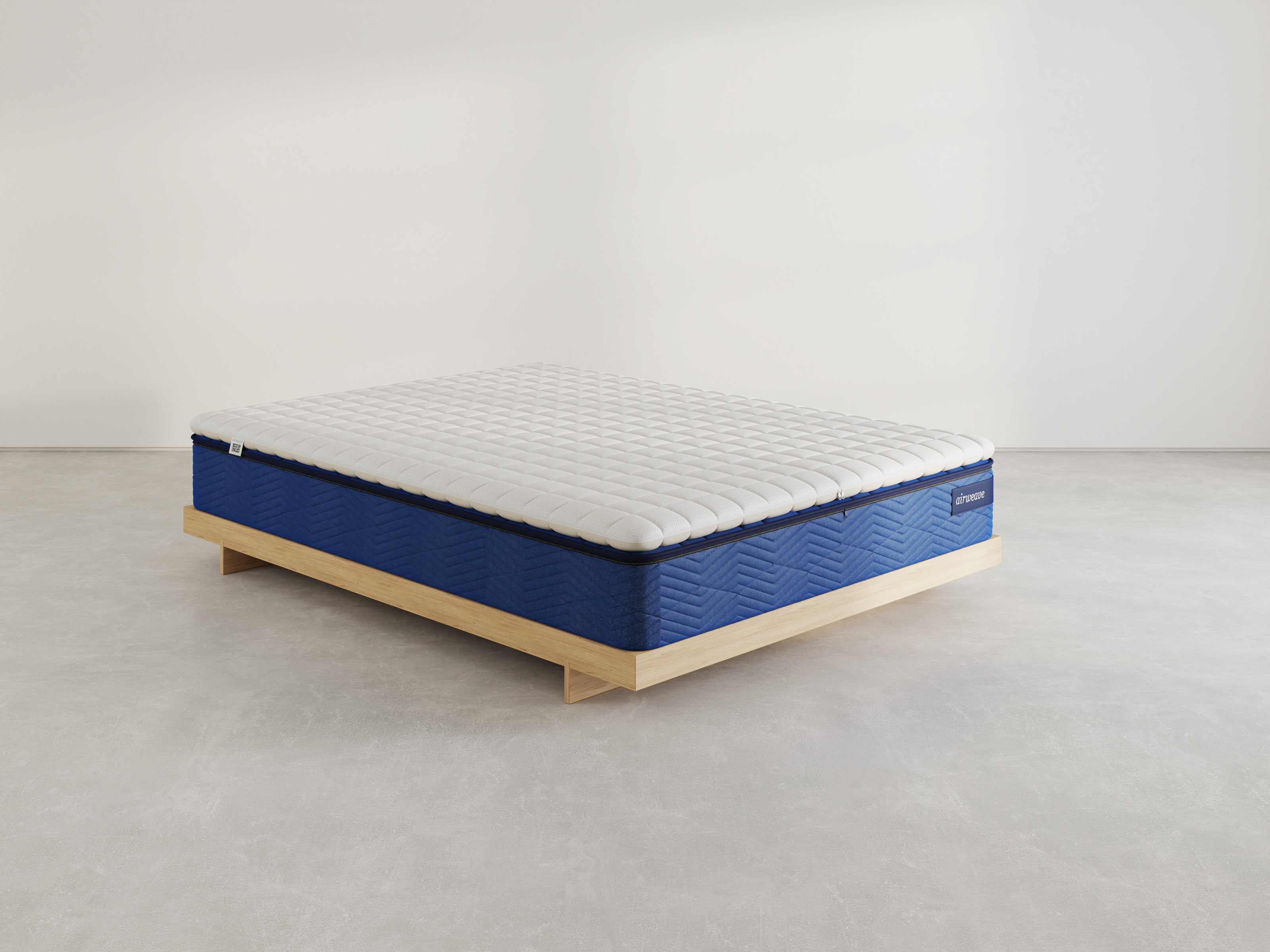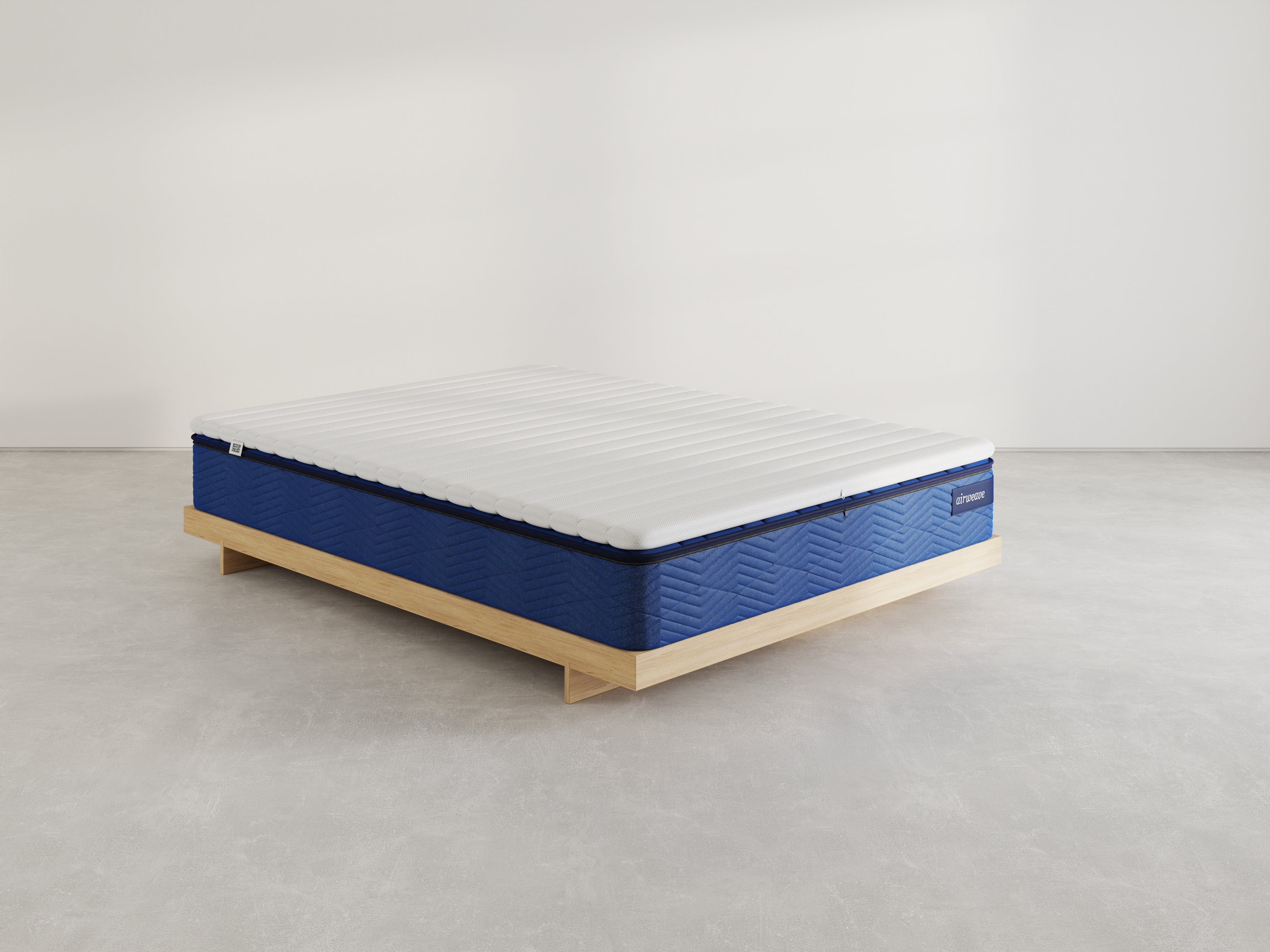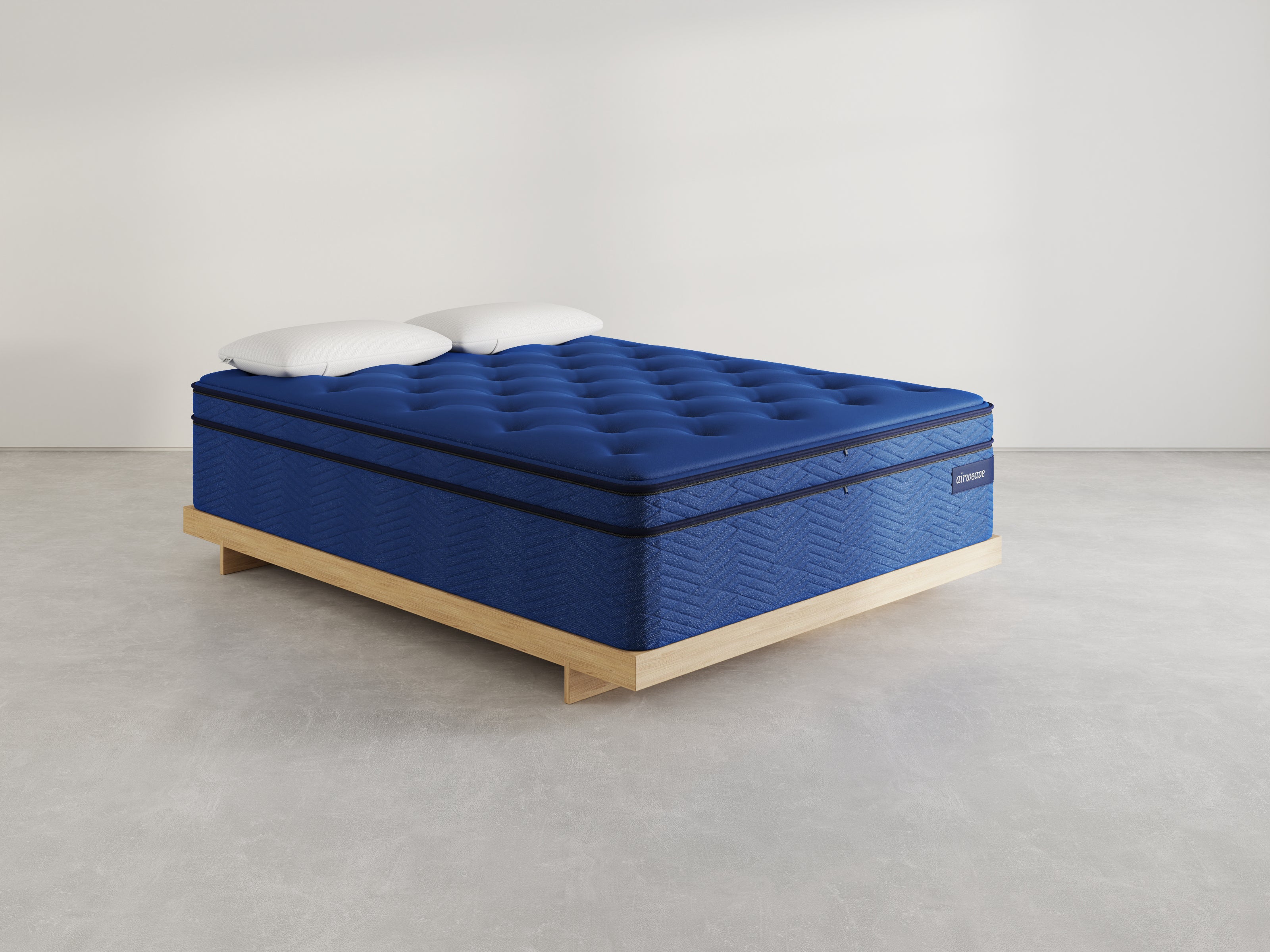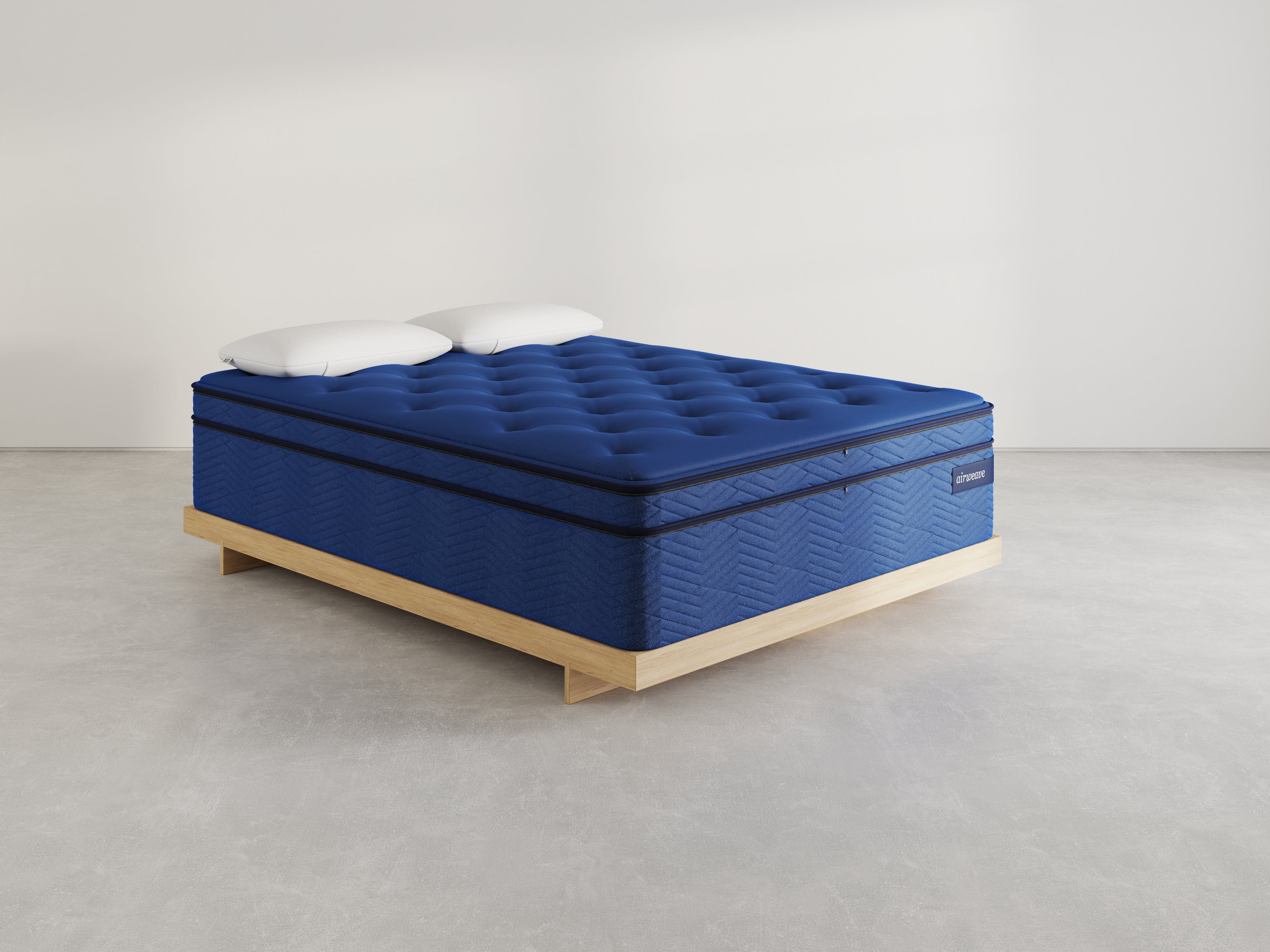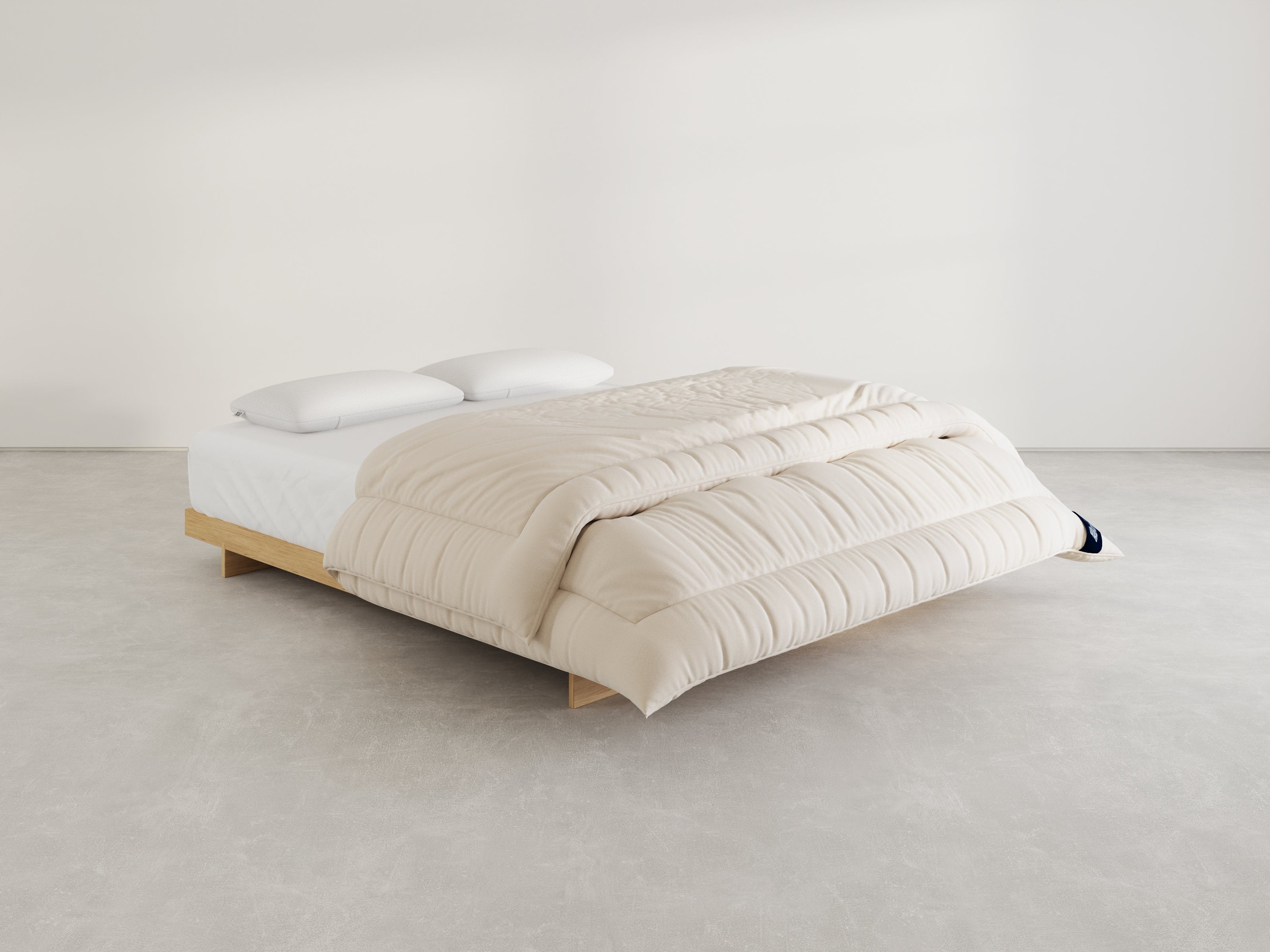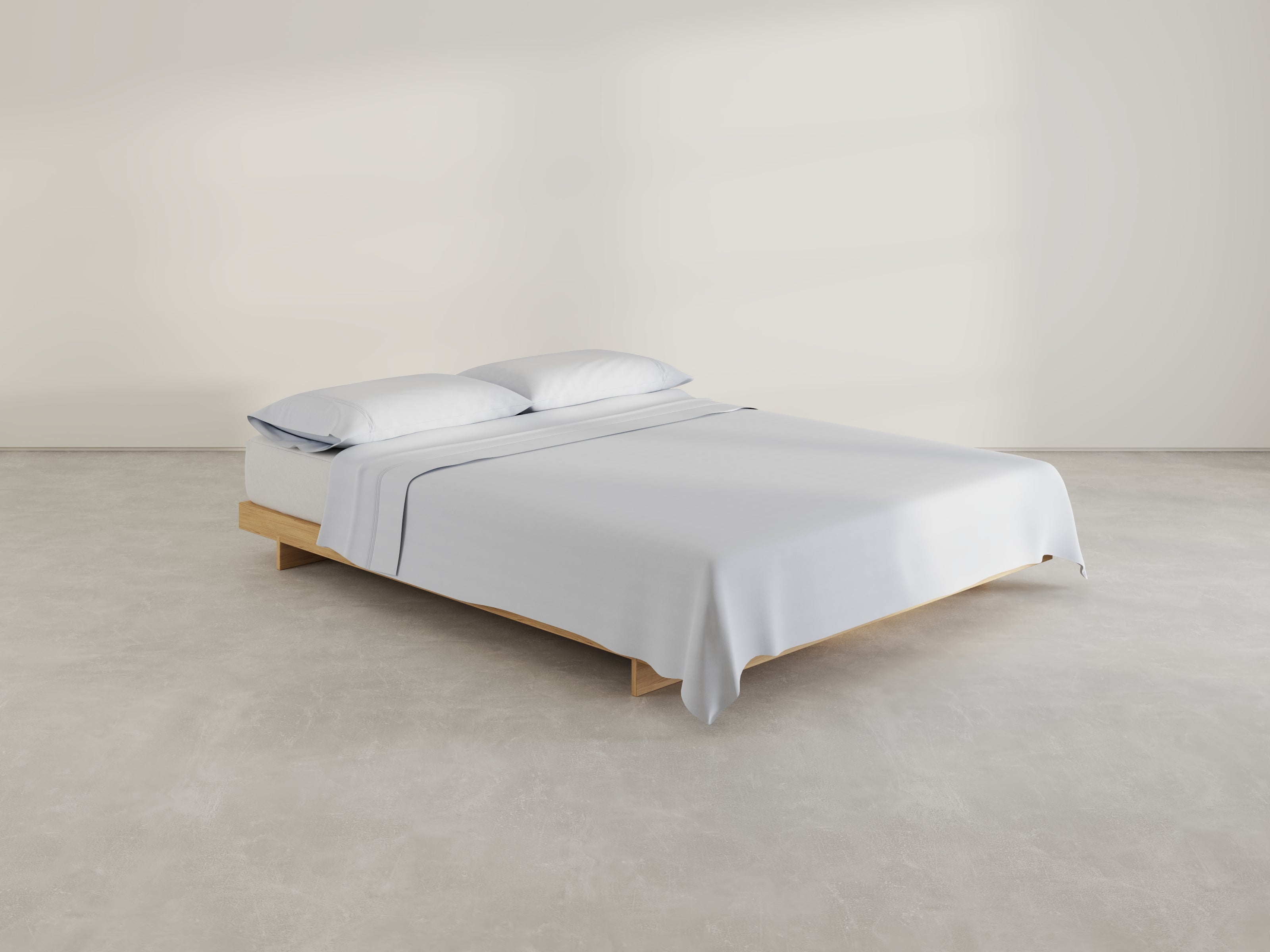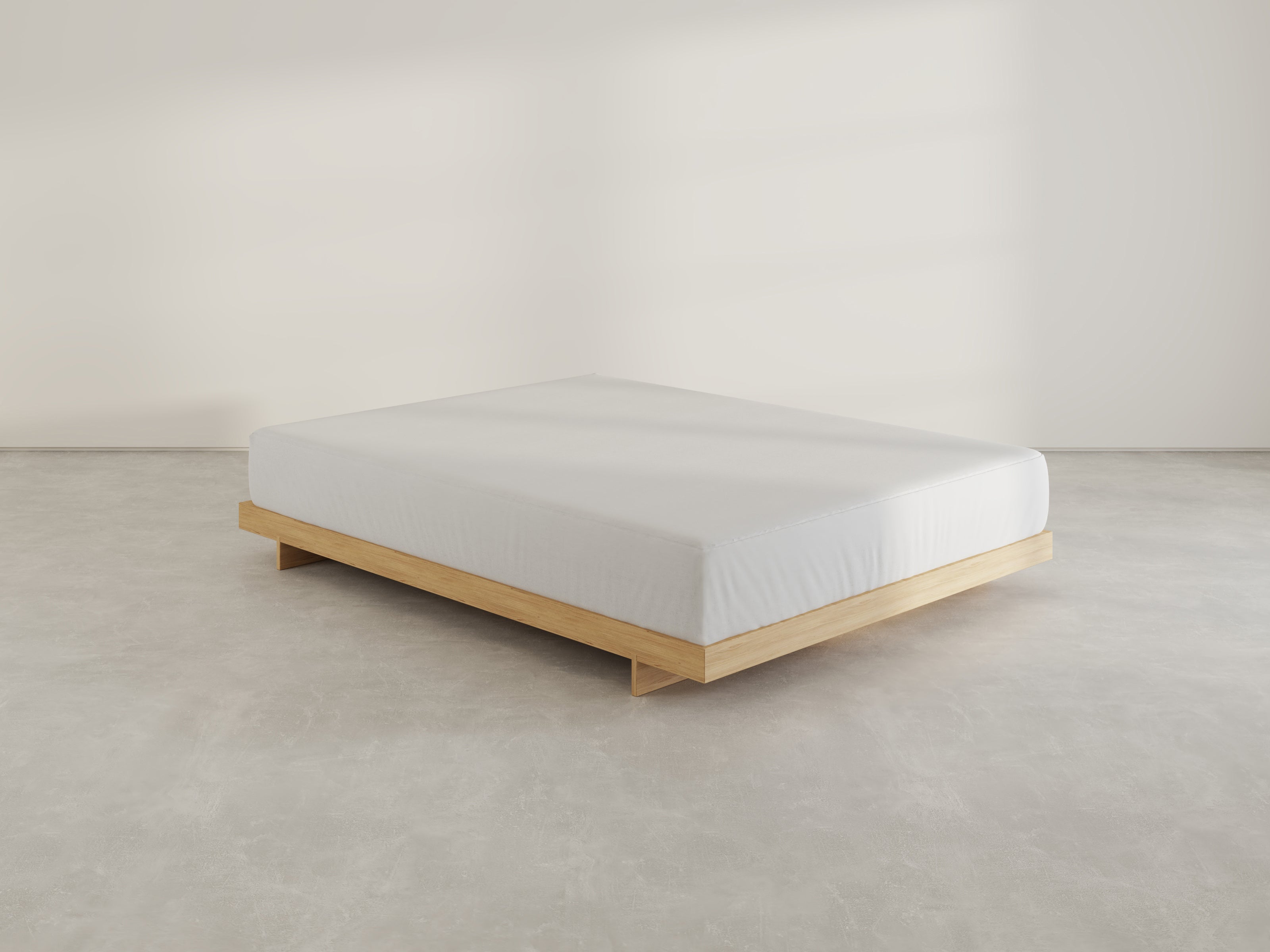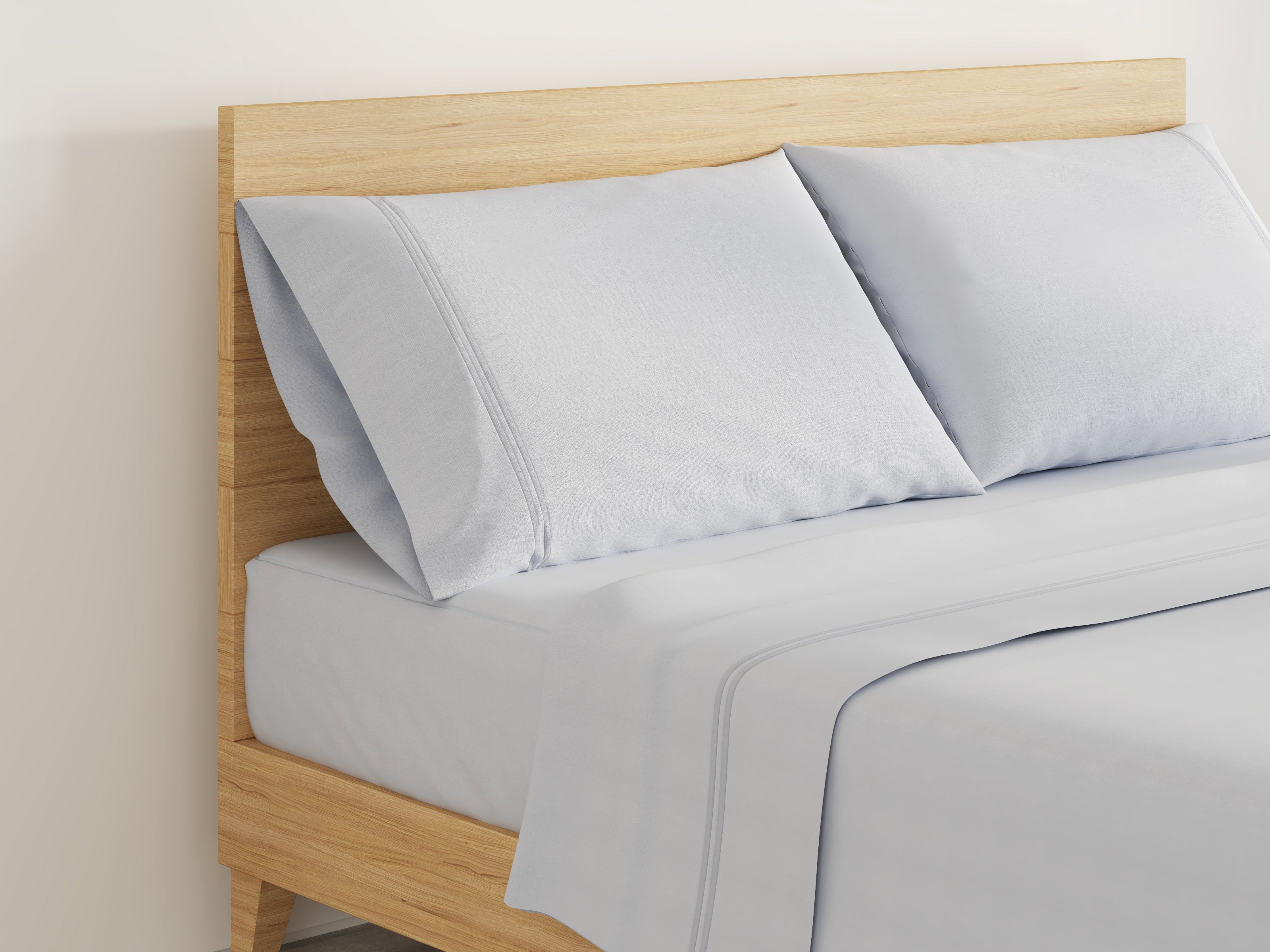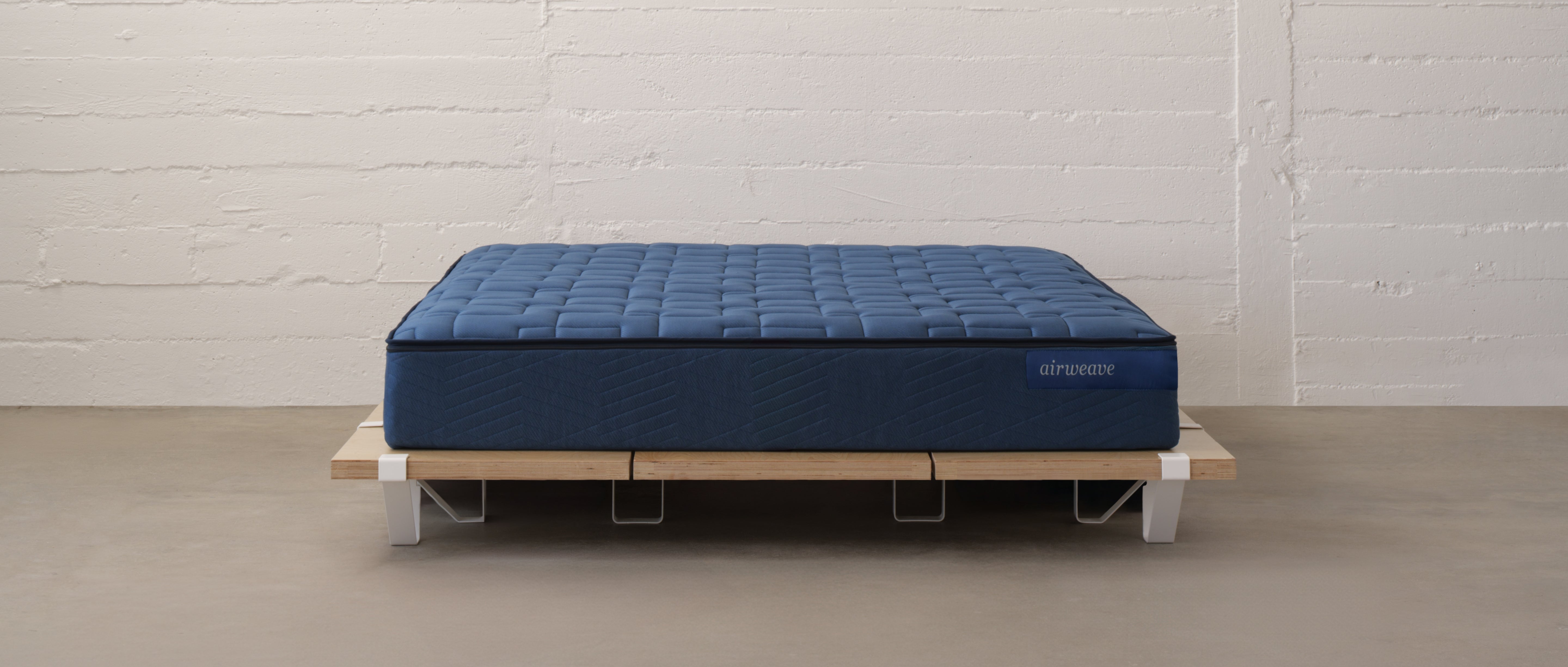Why Japanese Beds are Ideal for Minimalist Living
As clutter and excess frequently overwhelm our living environments, the minimalist living movement offers a path to tranquility and simplicity. Adopting Japanese beds, particularly futons, is at the heart of this lifestyle, perfectly aligning with minimalist principles.
These beds combine functional and aesthetic benefits, making them an excellent choice for those eager to adopt a more streamlined and efficient lifestyle.
Design and Aesthetic Appeal
A Japanese futon bed is known for its minimalist design. It features clean lines, simplicity, and functionality. Traditional Japanese beds, like futons, reflect this design philosophy. They lie directly on tatami mats made of natural materials like rice straw.
This combination creates a serene and uncluttered bedroom environment. The aesthetic of a Japanese bedroom promotes tranquility, making it a perfect environment for rest.
Practical Benefits
One key benefit of a Japanese bed is space efficiency. A Japanese futon bed can easily be folded and stored away daily, maximizing living space. It is especially beneficial for those living in smaller homes or apartments.

The flexibility means that a single room can serve multiple purposes, aligning with minimalist principles. Additionally, maintaining a Japanese-style bedroom is straightforward. With fewer components and more straightforward materials, keeping the space clean becomes easier.
Health and Comfort
Sleeping on a Japanese bed offers significant health benefits. A Japanese futon bed provides a firm surface, which can improve spinal alignment and reduce back pain. This makes it a healthy choice for many people.
Natural materials like cotton and wool, used in futons and tatami mats, promote better air circulation. These materials are also breathable and hygienic, providing a healthier sleep environment.
Environmental Considerations
Japanese beds are also an eco-friendly choice. A traditional Japanese bed is often made from natural, renewable materials like cotton, wool, and straw. This makes them a sustainable option.
High-quality futons and tatami mats are designed to last, reducing the need for regular replacements and minimizing environmental impact. By choosing a Japanese bed, you support sustainable living.
Psychological and Emotional Benefits
A minimalist bedroom can enhance mental clarity and reduce stress, promoting overall well-being. A clutter-free space, a hallmark of Japanese design, can help you feel more relaxed and focused.
Using natural materials in a traditional Japanese bed fosters a deeper connection to nature, bringing peace and calm into your living environment.
Embrace the Simplicity of Japanese Beds in Minimalist Living
Japanese futon beds encapsulate the essence of minimalist living, offering numerous practical, health, and environmental benefits. If you want to create a serene, functional, and sustainable living space, consider incorporating one into your home.

We offer a variety of products, including futons and mattresses. Explore our range of products and experience the transformative benefits of minimalist living today.
Frequently Asked Questions
What is a Japanese futon bed?
A Japanese futon bed is a traditional sleeping arrangement in Japan, consisting of a mattress and duvet. You can lay these directly on the floor or on tatami mats. A Japanese futon can be easily folded and stored away, unlike the new generation mattress, making them ideal for minimalist living.
What materials are used in traditional Japanese beds?
A traditional Japanese bed uses natural materials like cotton, wool, and rice straw. These materials are breathable, promoting better air circulation and a healthier sleeping environment. Utilizing natural materials supports sustainable and eco-friendly living approaches.
Can I use a Japanese bed in a small apartment?
Absolutely! Japanese beds are perfect for small apartments due to their space-saving design. You can easily fold and store a Japanese futon bed during the day, allowing you to use the same space for different purposes. This makes it an ideal choice for maximizing limited living space.
